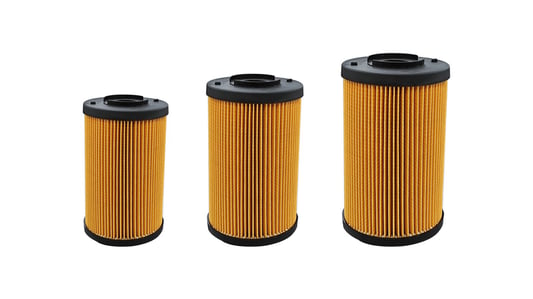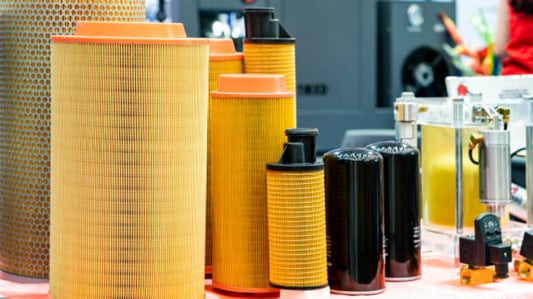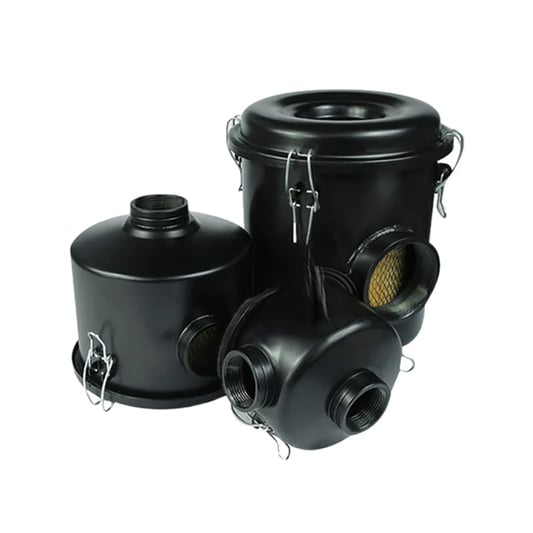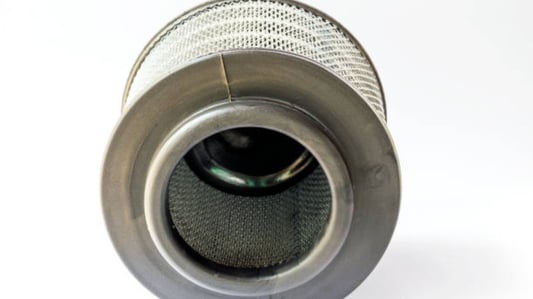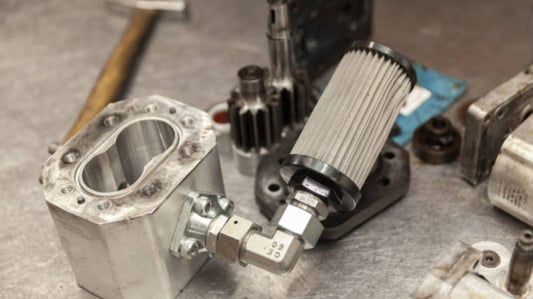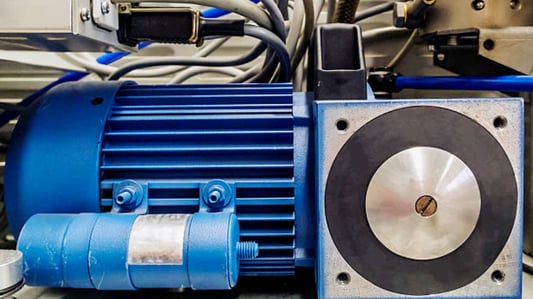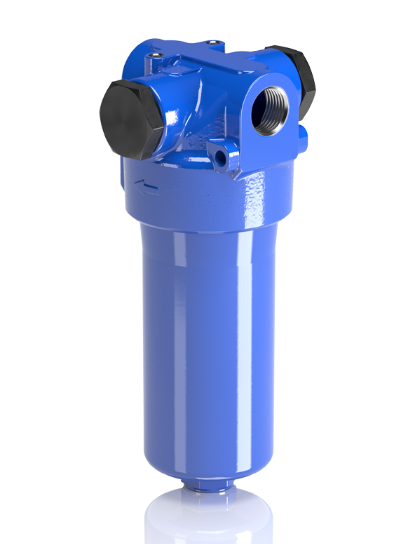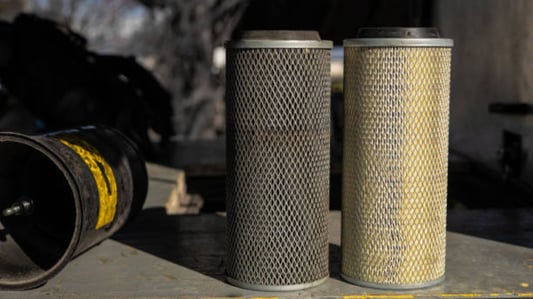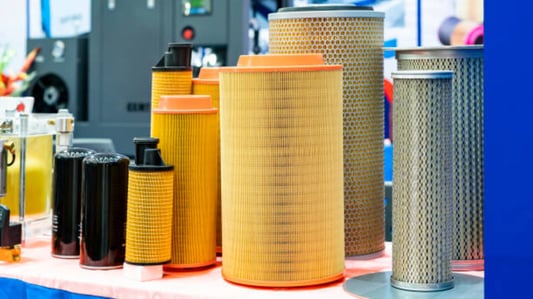Hydraulic filter elements are crucial components in hydraulic systems, designed to remove contaminants from the hydraulic fluid. Here are some key characteristics and advantages of hydraulic filter elements:Characteristics of hydraulic filter elements:Filtration Effectiveness:Micron Rating: The ability to remove particles of specific sizes, typically measured in microns (µm). Common ratings range from 1 to 200 µm.Beta Ratio: A measure of a filter's efficiency at removing particles of a given size. It compares the concentration of particles upstream and downstream of the filter.Material of hydraulic filter elements:Media Type: Made from various materials such as paper, metal, glass fiber, or synthetic fibers. Each material has different properties affecting durability, efficiency, and flow rate.End Caps: Often made from plastic or metal, providing structural support and sealing.Design:Shape and Size: Typically cylindrical but can vary depending on the application. They come in different sizes to fit various filter housings.Bypass Valve: Some filters have bypass valves to allow fluid to pass through if the filter becomes too restrictive, preventing system damage.Flow Rate:The capacity of the filter element to handle fluid flow without significant pressure drop. This is critical for maintaining system performance.Replacement Indicators:Many modern filter elements come with indicators or sensors that signal when it’s time to replace them, ensuring optimal system operation.Advantages of hydraulic filter elements:Extended Equipment Lifespan:Hydraulic filter elements protect sensitive hydraulic components such as pumps, valves, and actuators by removing contaminants like dirt, metal shavings, and other debris, thereby extending their lifespan.Improved System Efficiency:Cleaner fluid results in smoother operation and better performance of hydraulic systems, reducing downtime and maintenance costs.Enhanced Safety:Prevents blockages and malfunctions that could lead to equipment failure or accidents, ensuring safer operation of machinery.Cost Savings:While there is an initial cost associated with purchasing and replacing filter elements, the long-term savings from reduced equipment wear and tear, lower repair costs, and minimized downtime often outweigh these expenses.Environmental Benefits:Proper filtration helps in recycling and reusing hydraulic fluid more effectively, reducing waste and environmental impact.Compliance with Standards:Many industries have stringent standards for fluid cleanliness (e.g., ISO 4406), and using high-quality filter elements ensures compliance with these regulations.Customization:Hydraulic filter elements can be customized to meet specific requirements of different applications, ensuring optimal performance across various industries such as automotive, aerospace, manufacturing, and construction.In summary, hydraulic filter elements play a vital role in maintaining the efficiency, reliability, and longevity of hydraulic systems by keeping the fluid clean and free of contaminants. Their design and material choices are tailored to meet the specific needs of different applications, offering numerous benefits in terms of performance, safety, and cost savings.Quote InquiryContact us!


